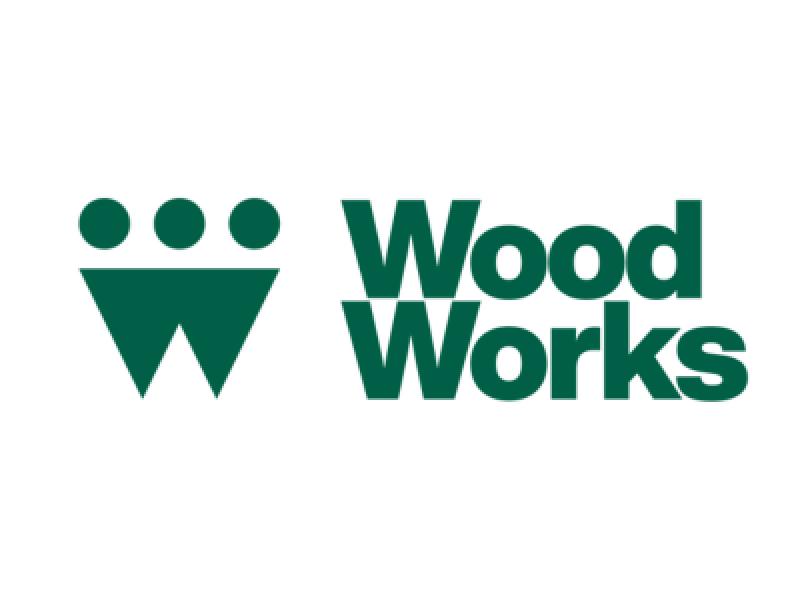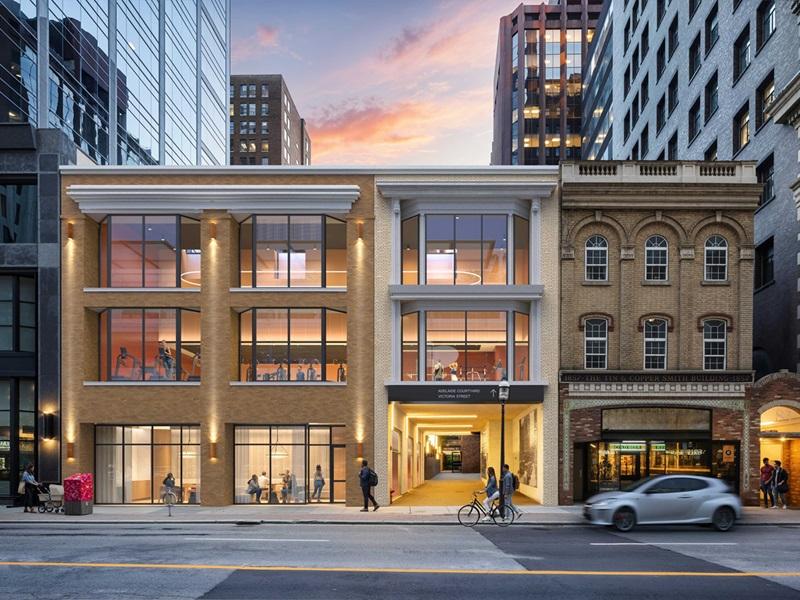
Tony Quattrin, vice-chairman of CBRE’s national investment team. (Image courtesy CBRE)
Domestic capital is moving into the Canadian commercial property investment market to fill the gap left by foreign investors, according to data in CBRE‘s third-quarter 2018 nationwide investment report.
“(Foreign) capital did in fact significantly soften and the domestic capital came in to fill the gap,” said Tony Quattrin, the vice-chairman of CBRE’s national investment team. “We were very comforted by that and that continues to be the case today.”
He said there has been a noticeable slowdown of property investment from Asia, and China in particular. Quattrin said capital outflow restrictions in China, combined with new and higher taxes in Canada, are partly to blame.
Overall, Canadian commercial real estate investment was on track for a third consecutive year of record sales volumes, CBRE said in its Q3 figures provided to RENX.
The brokerage house said demand is being generally driven by institutional players completing large deals, including nine transactions worth in excess of $100 million in Q3 2018 alone.
Canadian CRE investments on pace for record year
During the first three quarters of the year, $38.6 billion of commercial real estate traded hands in Canada, nearly surpassing the 2017 full-year total of $43 billion, the report said.
Toronto remains the country’s most robust commercial investment market. It saw $14.5 billion in investment year-to-date, almost as much as the total volume for 2017 of $15.7 billion.
“Toronto is still the strongest market,” Quattrin said. “There is a lot of growth there . . . Vancouver would be next.”
Quattrin said Alberta continues to deal with “overhanging vacancy” in its big-city markets, but did see a few large trades in retail, multi-family and office assets this year.
Calgary and Edmonton are starting to gain some momentum, though, at least when compared to last year. At the end of Q3 2018, Calgary reached $3.8 billion in sales while Edmonton hit $3.3 billion — both surpassing 2017’s full-year totals.
“I think that people are saying that maybe the prices have fallen enough that it’s time for Alberta,” Quattrin said. “I think we’re seeing some of that.”
Vancouver and Toronto “still look expensive to most investors.”
Population growth, diverse economy boost deals
“Canadian commercial real estate continues to demonstrate relative strength and perseverance, and the market is set to have a solid finish to 2018,” said Peter Senst, president of CBRE Canada Capital Markets.
“This is the third year Canadian CRE investment will have hit an all-time high in trading volumes, and it’s no secret why: Canada boasts a rapidly growing population and diverse economy, and the security of income from real estate versus other asset classes looks like a safer bet,” he said in a release.
Industrial assets experienced the most growth in 2018. Total investment in that asset class reached $10.1 billion in the first three quarters of the year, well surpassing last year’s full-year total of $7.4 billion, the report said.
Multi-family assets, including apartment buildings, were also a key driver of the market, marking $5.5 billion in deals through Q3 2018. There was $6.3 billion in multi-family investment recorded for all of 2017.
Serious global issues hint at storm clouds
Quattrin said there are serious issues in the global political and economic situation which could affect Canada in coming months and years.
“The political environment right now is very strange,” he said, listing American and U.K. protectionism, and the U.S.-China trade war. If anti-trade policies continue to gain momentum, that would be very bad, Quattrin said: “That’s the worst thing for any economy.”
Meanwhile, “the stock markets are in turmoil,” Quattrin said, referring to a series of dramatic swings in major stock indexes during December.
However, there is a possible silver lining for those weakening stock investments, he said. “Real estate still looks pretty good in this era of volatility.”







